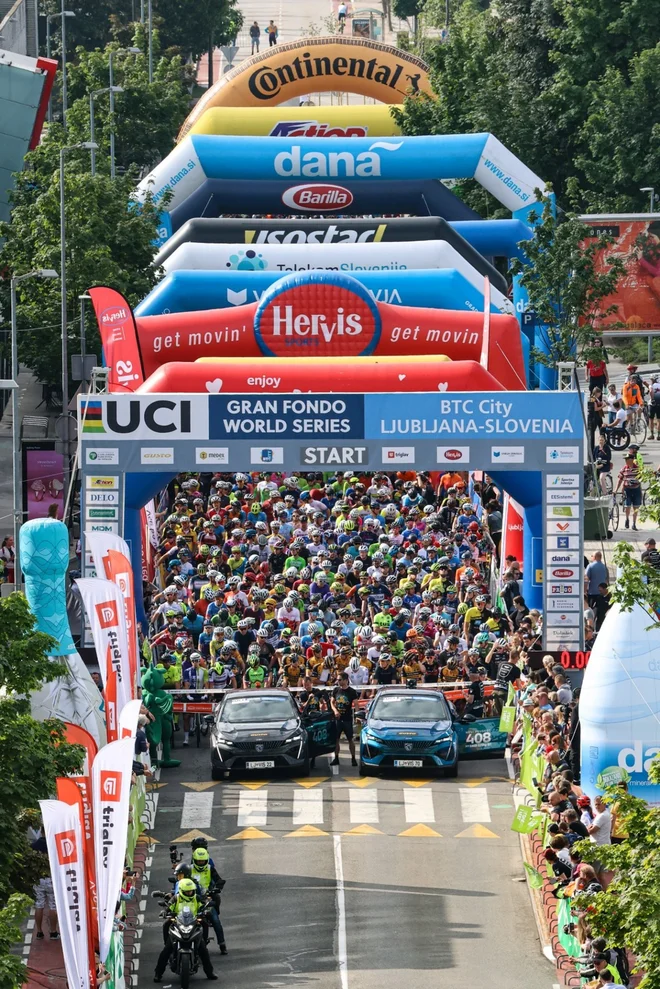Companies such as IKEA, BOL, Strukton and Zeeman warn: the government is too passive, the circular economy is standing still
/s3/static.nrc.nl/images/gn4/data130204393-cfdeeb.jpg)
The circular economy is primarily a dream image, and that does not keep politics in action. That is the message of ten companies, including IKEA, BOL, ZEEMAN and AUPING together with the MVO Nederland Business Network. They ask the Cabinet Schoof urgently to accelerate measures to accelerate the circular economy in the Netherlands.
Because circular entrepreneurship – where raw materials are reused – is often financially unfavorable, companies get stuck in their sustainability. « The honest story is that we will only reach a scale when other political choices are made, » they write in a manifesto. « In this way, circular remains a sympathetic side effect, instead of a financing perspective. »
In this way, circular remains a sympathetic side effect
According to An official government goal the number of raw materials used annually in the Netherlands must be halved by 2030 compared to 2019. But that goal is lacking in policy. Last month, the Netherlands Environment Netherlands Environment concluded that it is ‘very unlikely’ that the Netherlands will achieve this goal. In fact, raw material use is currently increasing.
In addition to companies such as IKEA and Bol, waste processor Renewi and Strukton Spruinton signed the Manifesto. « We develop a lot of circular initiatives, » says Lieve Declercq, top woman of Strukton. « But every time it has to be done on it, we notice, for example, that the price is decisive. We are in a circular impasse. »
« We must be able to count on a government that consistently propagates that this is the direction we are heading, » says Jan-Joost Bosman, CEO of mattress maker Auping, who requires supporting policy such as lower VAT rates for sustainable products. “As the English say: Walk the Talk. »
Fragmented and melted
The companies propose a number of political measures, such as a law that tackles Ultrafastfashion – producing high -quality clothing at extremely fast pace – and against the ‘dumping’ of cheap clothing through Chinese web giants Shein and Temu. He should forbid advertisements for such products, and that it should not be sustainable for such products. They also ask for an obligation for producers to use recycled material.
Mattress maker Auping has spent millions on a renewed factory in Deventer to produce mattresses completely circularly. This means that the mattresses are taken apart at the end of their lifetime and processed into new mattresses. « This transition costs part of the return in the short term, » says Bosman. In other words: it is now a competitive disadvantage, money that non-durable competitors do not have to spend. Bosman: « For example, it would help us if the government reduced the VAT rate for sustainably produced products from 21 to 9 percent. »
BOL also proposes to stimulate reuse and circularity through VAT. In order to extend the life of devices, the web store sells in addition to new also repaired devices. But to really scale that up, the web store asks for political policy. « Such as a lower VAT rate for second-hand or repair, » a spokesperson emails.
According to companies, the government does not yet hunt the circular economy in its own purchasing policy. « We see the government choosing the government in tenders, » says Declercq of Strukton. « Rarely are requirements that have to do with circular raw materials. »
Strukton is working on circular innovations, such as reusing the concrete beams of old viaducts under new viaducts. Or recycling the concrete foundations and portals of the overhead line at the railway. « Customers such as ProRail and Rijkswaterstaat are wary -like to really continue with that kind of technical solutions, » says Declercq. « People do not want to take any risks and again and again asks for proving that it is a future -proof product. Or we see that the price is prevailing, and these types of techniques are even more expensive. So after pilots it will not be upset. »
I think the question is: what kind of country do we want to be ourselves?
« Don’t wait for Europe! »
It is striking that the companies in their manifesto call politics not to wait for the EU when it comes to circular policy. They call green policy from Europe « fantastic, » but they also write that it « often lasts for years. » Politicians regularly point to Europe for green policy, to protect the business world with a ‘level playing field’. « If we say: we are waiting for Europe, we are actually hiding behind it, » says Declercq. « I think the question is: what kind of country do we want to be ourselves? »
The Manifesto came on the initiative of the MVO Nederland Business Network, an organization for companies working on future -oriented entrepreneurship. It wanted to give a signal to politics, where, according to them, people are currently too little concerned with the long term. In the meantime, the circular economy is standing still, while many companies want to green.
It is not the first time that politics has been reminded of the lack of circular progress. The Netherlands Environmental Assessment Agency has been warning since 2019 that the circular economy is not getting off the ground. The Central Bureau of Statistics concluded that the added value of the circular economy (such as with repair and recycling) in the Netherlands has been stable for twenty yearsaround 4 percent of the gross domestic product.

:format(webp)/s3/static.nrc.nl/images/gn4/stripped/data133314127-765aec.jpg)
:format(jpeg):fill(f8f8f8,true)/s3/static.nrc.nl/wp-content/uploads/2019/10/youp5bij3.png)
/s3/static.nrc.nl/images/gn4/stripped/data133306951-418567.jpg|https://images.nrc.nl/Aqhex4vuXDkTG2ibAuxQ999h3pQ=/1920x/filters:no_upscale()/s3/static.nrc.nl/images/gn4/stripped/data133306951-418567.jpg|https://images.nrc.nl/IUxmNDWQ6SsEQ92WXa797HqINn0=/5760x/filters:no_upscale()/s3/static.nrc.nl/images/gn4/stripped/data133306951-418567.jpg)




